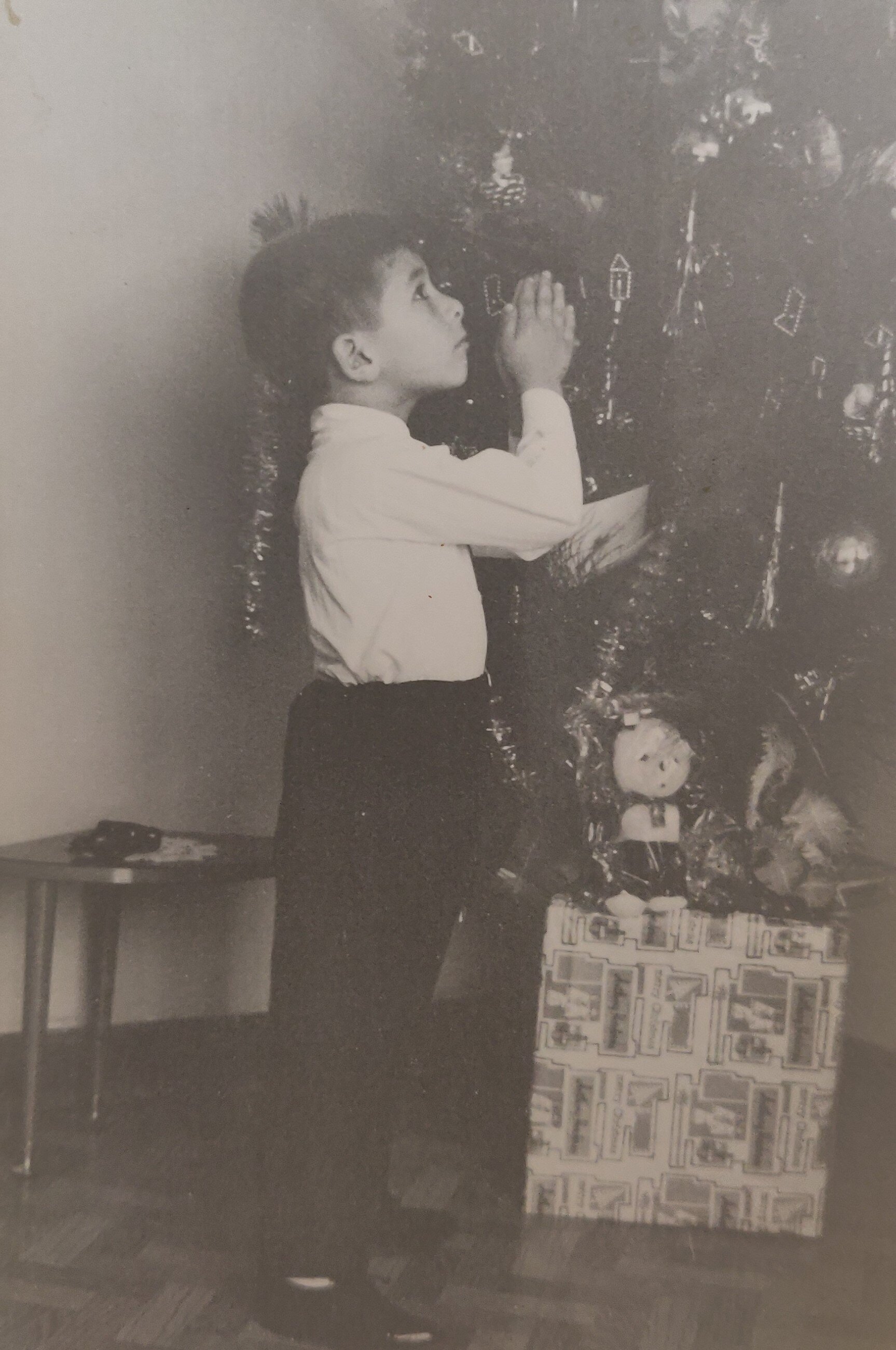Oh sweetest Jesus to exist in that moment when we act and are moved by selfless love alone.
Pure self-love is to practise compassion on your dying self.
Pure selfless love is difficult to practise because like light it reveals all which is not clean in our hearts. For a season this divine disclosure can hurt more than physical pain.
We shall be given a second chance to embrace the magnificence of humility as our death draws near. Let us hope our deaths are not sudden.
Few things are more beneficial for the soul than to pray for our adversaries that they might outlive and outshine us, but it is not easy and the revelation of that hour might disappear for many years.
We cannot practise love or any of the virtues outside our encounter with the other. Your spouse, your neighbour, the brother or sister at the check-out counter, the cook in the café, and particularly those who might will us harm.
Vengeance clouds the mind and is a sure step to a catastrophe. It has nothing to do with justice.
It is oftentimes more difficult to forgive ourselves than to forgive those who have trespassed against us. Outside our Creator nobody knows the depth and extent of our transgressions better than I who has committed them. So we continue to unnecessarily punish ourselves and without mercy.
It is a temptation which goes under many names, to dismiss the spiritual insights of those outside our own community of believers, but in so doing we would hold to no account the beckoning call of the Holy Ghost to all His children.
If we cannot acknowledge the Creator in the presence of our brother and sister through acts of charity and mercy, we would have accomplished nothing even if we should have gained the whole world.
Hold no high expectations from people, and particularly from those nearest to you, for similarly to you they are struggling and fighting to survive. This is one of the surest ways to peace, to recollect and to reflect upon our shared moral infirmity. To meditate upon our common brokenness.
It is important to remember the distinction between solitude [which is good] and isolation [which is bad]. Such is the difference as is between angels and demons. There can be community in solitude, but not in isolation.
Do not be deceived by those sleek presentations which promise fast paths to ‘inner knowledge’. In the beginning the path to inner knowledge is strewn with difficulties and it can be offending and brutal. At the start it is not at all comely to look at. Few would want to have anything to do with it.
The search for truth does not end, it starts afresh from a higher vantage point as revelation increases. We must be careful that ‘truth’ does not become our comfortable resting bed.
Belief comes before faith, like prayer comes before the heart which doubts.
Philosophy cannot teach us how to pray or to offer up ourselves as a living sacrifice. But prayer can reveal the truth of philosophy to us.
Truth and interior silence are synonyms. Noise is the great enemy.
Ego and pride will be the last to go. “Who am I?” When you are gone the world will go on without you. Who will weep for you?
Hope is not an illusion or a fantasy. I can place my trust in hope but not in an illusion or a fantasy.
The most useful tears are those that dry like herbs.
Despair, too, like all things, it will pass. It is not who you are, it is a response to those painful things which presently surround you.
To practise discernment is to recognise that alongside the dumbfounding beauty of the world there also exists dreadful wickedness. And then to be able to judge well between the two.
To contemplate upon the great mystery of existence, and to look inwardly to discover that Creation has not stopped. You are aflame with stardust.
Compassion is the key to unlocking the deeper mysteries of love.
Gift your neighbour the benefit of the doubt and a thousand lives will be saved.
MGM




